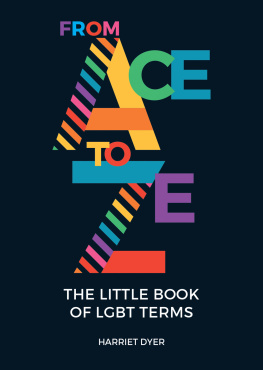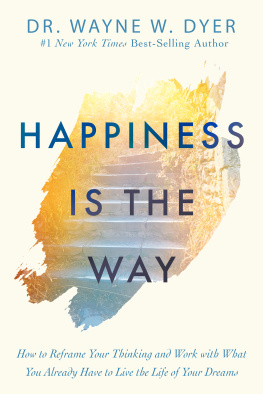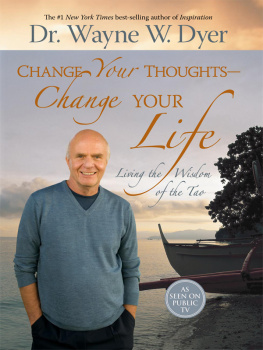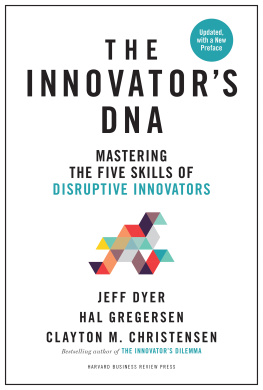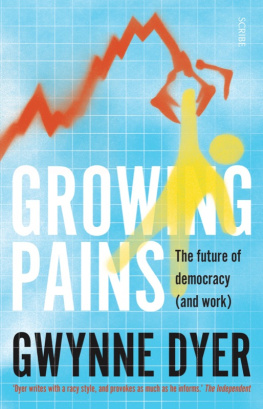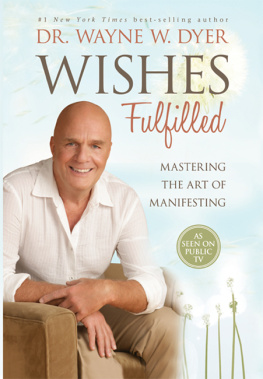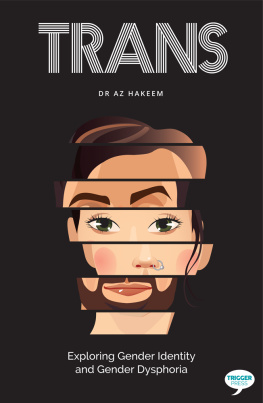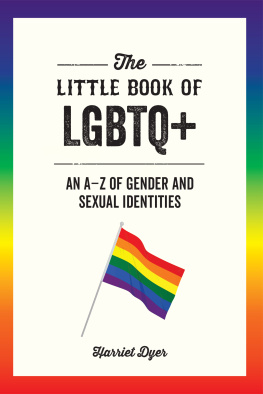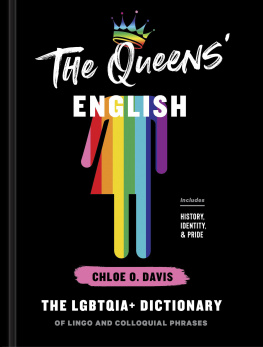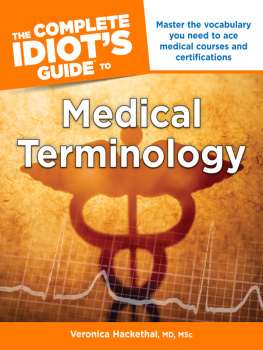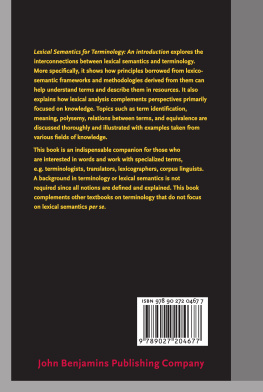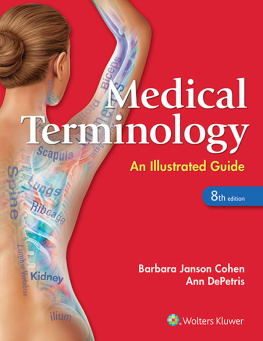FROM ACE TO ZE
Copyright Summersdale Publishers Ltd, 2018
Text by Abi McMahon
All rights reserved.
No part of this book may be reproduced by any means, nor transmitted, nor translated into a machine language, without the written permission of the publishers.
Condition of Sale
This book is sold subject to the condition that it shall not, by way of trade or otherwise, be lent, resold, hired out or otherwise circulated in any form of binding or cover other than that in which it is published and without a similar condition including this condition being imposed on the subsequent purchaser.
An Hachette UK Company www.hachette.co.uk
Summersdale Publishers Ltd
Part of Octopus Publishing Group Limited
Carmelite House
50 Victoria Embankment
LONDON
EC4Y 0DZ
UK
www.summersdale.com
eISBN: 978-1-78685-696-8
Substantial discounts on bulk quantities of Summersdale books are available to corporations, professional associations and other organisations. For details contact general enquiries: telephone: +44 (0) 1243 771107 or email: .
CONTENTS
INTRODUCTION
Hello there. Welcome to this introduction to useful LGBTQ+ terminology. If you're an LGBTQ+ newbie, there can be a lot to get to grips with, especially as society still has a long way to go in representing everyone within it. Or perhaps you are involved in the community, but words and phrases gain subtleties as society develops and there may be a few areas of gender and sexuality you might want to know more about.
In this book I've tried to include the most up-to-date thinking on gender, sexuality and identity. If this book helps you understand a few new things, great! And if you read something that doesn't seem quite right to you, then please let me know at . Meanings develop all the time, so if I've got something wrong, I want to improve on it for next time.
Look, this isn't new stuff. Yes, the fact that so many people are discussing things like this openly is pretty new. But the identities aren't new. The feelings aren't new. The ways people want to identify and live and love aren't new. Make no mistake, people have been living and loving all sorts of ways since the beginning of people. We've just got a few more words to use now. And that's pretty cool.
LITTLE NOTE
LGBTQ+ has been used throughout. There are lots of great arguments in favour of using different variations of the acronym but for the purposes of ease and quick understanding, LGBTQ+ has been the acronym of choice in this introductory book.
SEX VS GENDER
At points you might feel like you need a dictionary just to read this dictionary! After all, although some phrases may be new to you, others will be words you learned at school but not with the definitions you're familiar with? You might well be confused! Like I said in the introduction, this is all a learning process. To help you along the way, we're going to have a quick dive into one of the key questions you might have when reading this book: aren't sex and gender the same thing?! (Spoiler alert, no!) It's understandable how we may have developed this view. Sex is explored in dusty, easily forgotten biology classes, and we're never really taught much about gender at all. In casual conversation, sex and gender tend to be used interchangeably.
In fact, sex and gender do not have the same definition. Perhaps the easiest way to explain it is with this diagram:

Sex is a scientific term referring to your biology. Humans are generally catagorised into two sexes, male and female (for intersex, see ) will reflect that. Society being as it is, there are informal checklists for this, too. For example, there are very few glamorous dresses in men's clothing departments. Throughout various cultures, some professions are thought to be 'masculine' and some to be 'feminine'. For an easy way to distinguish between the two, you could say that sex is the body and gender is the mind. Now, of course, it's possible to ask even more questions about sex and gender. There are entire academic careers built around exploring the definitions of sex and gender, in fact! For example, there are arguments that sex is also a social construct. If you're interested in learning more about this then it's definitely worthwhile reading up about it: see the back of this book for useful links, and a list of books that go into more detail than we have scope for in this dictionary! Because this book is trying to introduce as much as possible, it would be hard to delve deeper and still keep everything as accurate and clear as we'd like. Therefore, for the purposes of From Ace to Ze, we'll be keeping the definition of sex as a biological one.
ROMANCE VS SEXUALITY
Here's another distinction that's useful to have in mind when reading this book. Sex and romance aren't the same thing. I know, I know, this is the debate upon which a thousand groanworthy sitcoms and romcoms have hinged. But it simply isn't the same thing.
There are many people in the world who don't have to take into account the difference between romantic and sexual attraction. They experience romantic and sexual attraction at the same time, and often to one gender. For example, if someone were to identify themselves to you as heterosexual, they wouldn't usually go on to explain that they also felt romantic attraction towards people of a different sex. We'd take it for granted! And because there are so many people who experience romantic and sexual attraction as one, their voices tend to be the loudest. Because of this, we might assume that this is the case for everyone. But it's not!
For some of us, who we want to sleep with is different to who we want to be in a relationship with. For others, they don't want to sleep with anyone but they still want a sweetheart by their side. For yet others, a relationship isn't for them but they do enjoy an active sex life (or would like to). Because there are so many different ways a person can experience attraction, it's important to establish the distinctions from the start.
A quick guide is: sexual attraction is the desire to have sex or do sexy things with a person. Romantic attraction is an emotional attraction to another person, sometimes the desire to have a relationship with them. It's the hand-holding, date-going stuff.
As with the sex vs gender section, there are more subtleties and complexities than this book can hope to cover. If you think you want to learn more, please check the reading list and links at the back.
GENDER PRONOUNS
Sex, gender, love and romance; a few pages in and we've already tackled some of the biggest, bafflingest subjects out there. So instead of going bigger, let's go small. Let's look at some of the smallest, most frequently used words in the English language: pronouns.
Tiny but mighty, pronouns are some of the building blocks of language. They help us make clear who we're talking about; who said the thing, who did the thing, who is the thing. But the little habits and assumptions need to be challenged just as much as the big ideas.

